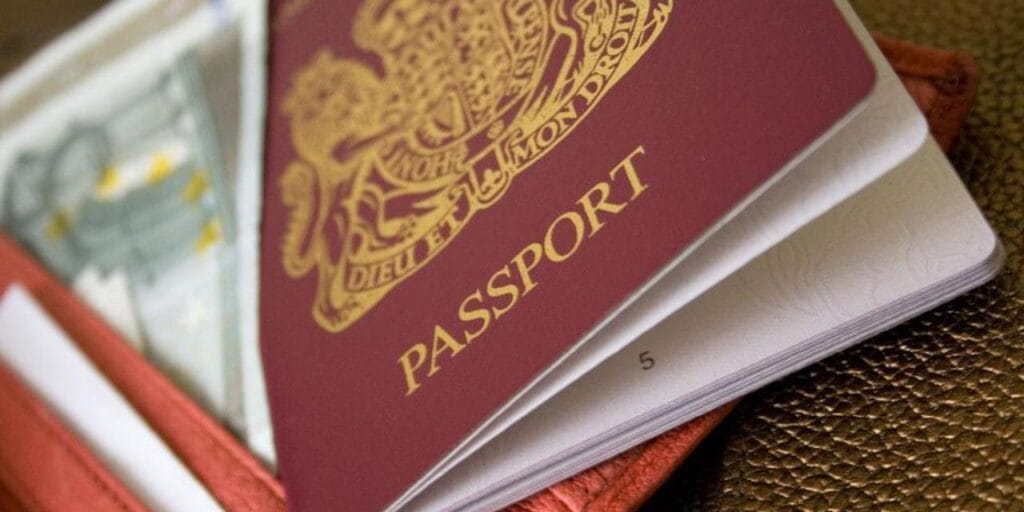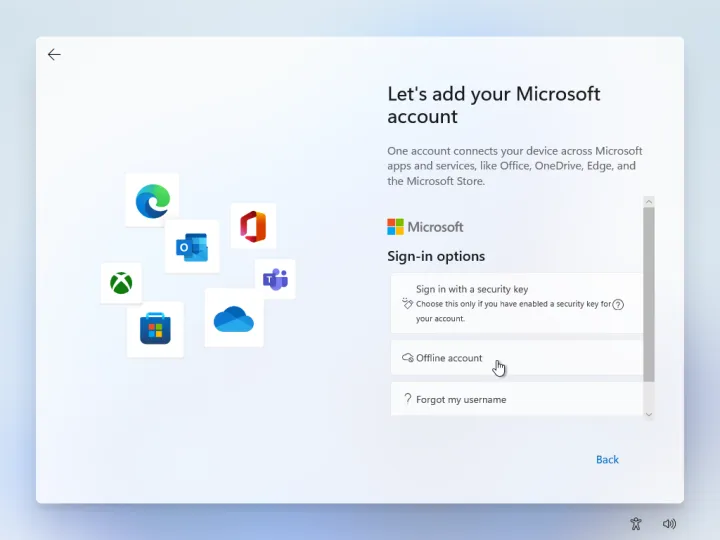What to know when getting dual citizenship

Since it lets people seize possibilities from all around the world, dual citizenship has become a hotly debated issue. Though it has benefits, one should carefully consider numerous areas before starting the application process. From financial ramifications to legal complexity, here are some essential considerations while seeking dual citizenship.
Understand the Benefits
Though they mainly depend on the nations involved, the advantages of dual citizenship can be significant. Dual citizenship for many people, represents more travel freedom. Being a citizen of a European Union country, for instance, gives you free access to every other member. Programs like the Portugal residency by investment program, where one can live in Portugal and travel freely around Europe, attract mostly to this type of individual.
Other benefits could be the right to live, work, or study in either nation without further visas or permits. Many also view dual citizenship as a means of obtaining a second passport, a helpful backup in political or economic upheaval times within one nation.
Legal Complexities
Legal environments around dual citizenship can be complicated and differ widely between nations. It would be best if you determined whether your country will have dual citizenship, as not all countries allow it. Before gaining a new citizenship, some nations could demand you to relinquish your current one.
Should dual citizenship be permitted, you should also be aware of the legal obligations associated. You might, for instance, be subject to both nations' rules and regulations, including military service requirements, tax duties, and even mandatory voting. See an immigration professional to be sure you thoroughly know the legal ramifications of becoming a dual citizen.
Political Stability and Economic Factors
Examining dual citizenship requires first looking at the political and financial stability of the second nation. Political unrest may compromise your quality of life or provide obstacles to entirely using your dual citizenship. You should evaluate the country's level of stability, resident safety, and current economic situation for the following years.
Moreover, your choice could be affected by the national economic policies. Some choose to become dual nationals of nations with lower tax rates or more favorable business climates. These elements should be carefully considered, mainly if you intend to open a business or move there.
Financial Implications
Before seeking it, one should be aware of the financial responsibilities accompanying dual citizenship. Every nation has its own tax system; you may be liable for taxes on both of them. Although there are occasionally tax treaties meant to aid with double taxation, it's essential to understand how the tax laws apply to your particular circumstances.
Dual citizenship might also call for continuous expenses, like passport renewal fees or fees for preserving permanent residence. Suppose you look at investment-based routes like the Portugal residency by investment program. In that case, you must also be aware of the required minimum investment and related expenses such as taxes and legal fees.
Although getting dual citizenship is an interesting path with fresh prospects, it is not without difficulties. One should consider financial obligations, legal consequences, cultural obstacles, and long-term commitments. Thorough research and preparation will help you choose to help your family and you.






